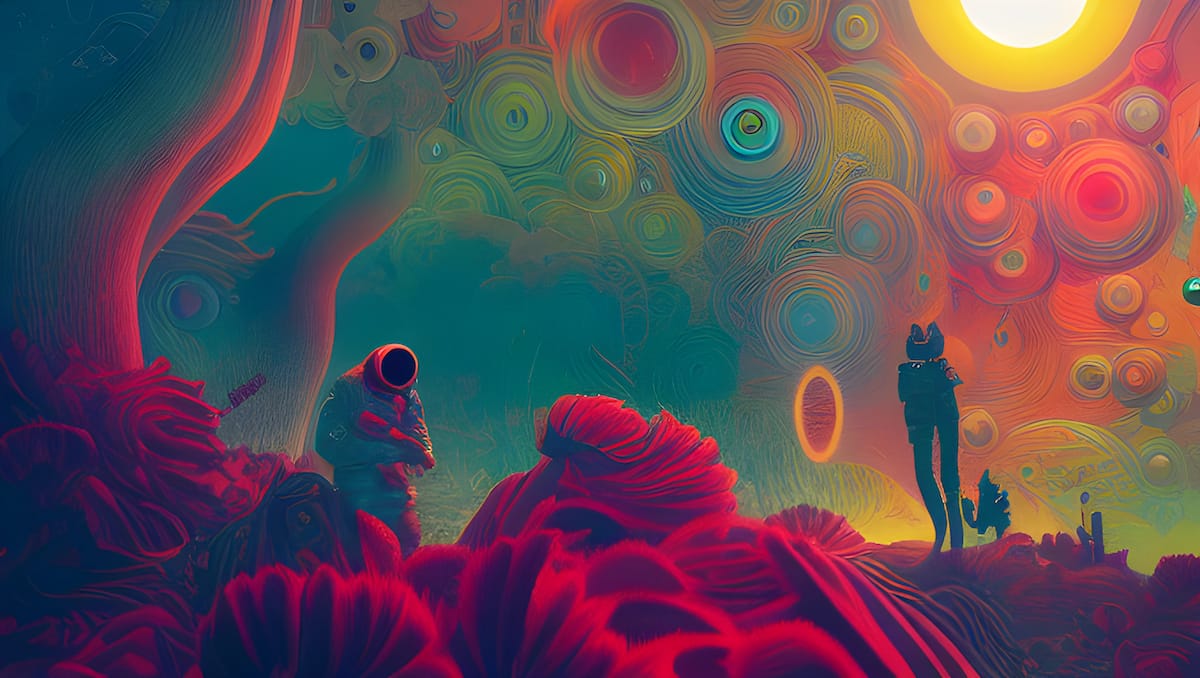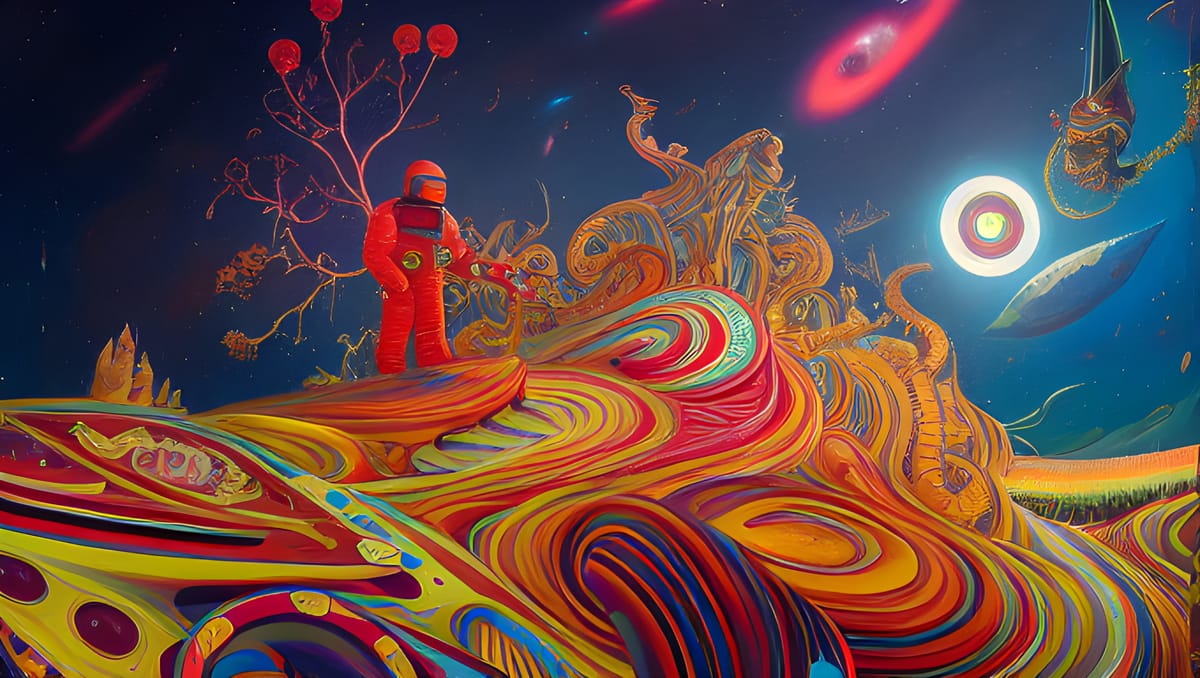Data ownership
Owning your own data and identity is a core component of Open Money

The technologies that make Open Money possible also redefine how digital property is owned and controlled. In a world where user control and enforceable digital ownership become the norm, the way people create, interact, and transact online shifts fundamentally.
Today’s Web2 ecosystem is built on a model where platforms like Facebook, YouTube, X, and Medium act as gatekeepers of data. Users contribute content, but they do not own it. The platforms determine how content is distributed, how it is monetized, and who gets to participate in the digital economy.
Algorithmic curation prioritizes engagement over agency, often amplifying certain narratives while suppressing others. And at any moment, users can be de-platformed, demonetized, or locked out of their own content, losing access to their digital presence.
The most significant limitation of Web2 is its economic structure. The monetization of information almost always requires an intermediary — a corporation that extracts value by standing between creators and their audiences.
Whether through ad revenue models, revenue-sharing agreements, or algorithm-driven paywalls, Web2 platforms maintain control over the financial flows of the digital world.
Open Money changes this paradigm by enabling true digital ownership. Technologies like NFTs introduce digital scarcity, allowing creators to own, sell, and transfer digital assets without relying on centralized entities. Encrypted wallets replace platform-bound accounts, making it possible to interact with digital economies in a self-sovereign way. This shifts power from intermediaries to individuals, giving users control over their own digital assets and identities.
Individual data ownership is crucial because it restores agency to users, allowing them to control their digital presence, privacy, and monetization. When people own their data, they decide who can access it, how it is used, and whether they want to directly profit from it. Instead of being passive participants in an opaque system that exploits their information for profit, individuals can leverage their data as an asset, choosing to share it on their terms.
At its core, the problem with Web2 is that the means of production — the platforms and infrastructures that enable digital interaction — are owned by a handful of corporations. These entities establish and enforce the rules of engagement, prioritizing their own interests over those of users.
Open Money systems introduce new ownership structures that disrupt this concentration of power, allowing for decentralized, community-driven networks where creators and consumers interact directly.
This shift does more than just remove intermediaries — it redefines digital commerce. Instead of content living behind walled gardens, it exists in an open, interoperable economy where ownership and revenue are transparent. It enables microtransactions, tokenized incentives, and new business models that were previously impossible under centralized control.
A new paradigm emerges with Open Money — one where value is generated, owned, and exchanged directly by individuals without reliance on third parties. This creates opportunities for decentralized identity management, user-governed marketplaces, and peer-to-peer digital economies that empower individuals instead of corporations.
The shift towards user-controlled financial and data ownership means that people are no longer just consumers of the internet but active stakeholders shaping its future.
The internet was meant to be an open system, but for decades, the infrastructure of digital life has been controlled by a few powerful entities. Open Money offers a way forward — one where digital ownership is not a privilege granted by platforms but a fundamental right of internet users.
Recent Open Money project posts







